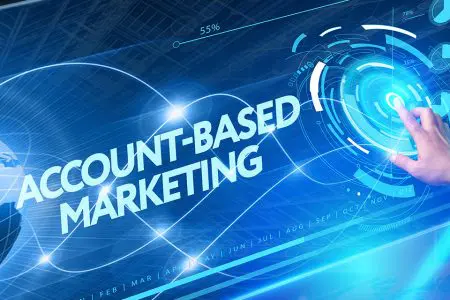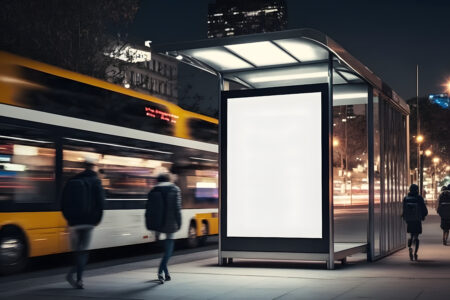Brand safety in programmatic is of paramount importance. A single misplaced ad can spark backlash, eat into your ROI, and damage years of brand building.
And AI has only raised the stakes. While it’s helping teams scan and screen content at scale, it also brings new risks—from deepfakes to misinformation—that can spread really quickly.
The real question isn’t “Do we have safeguards in place?” but “Are our safeguards evolving as quickly as the programmatic media landscape?”
The brands that succeed are the ones blending automation with human judgment to build adaptive and flexible systems.
What brand safety means in programmatic today
The fundamentals still matter: keeping ads away from harmful material such as hate speech, violence, or explicit imagery. But the conversation has expanded into brand suitability.
Suitability is less about simply blocking risk and more about choosing the right environments. A bold sports brand may thrive alongside edgy commentary, while a healthcare brand will want to avoid even mild controversy. Blocklists and rigid rules can’t handle this distinction. Instead, programmatic teams need clear guidelines on both what to avoid and what actively strengthens their identity.
The risks marketers face
Each advertising channel carries its own challenges:
- Social media: unpredictable user-generated content and viral trends.
- Connected TV (CTV): limited visibility into exactly where ads appear.
- Digital out-of-home (DOOH): little control in real time or ability to tailor context.
- Misinformation and AI-generated content: from deepfakes to synthetic news, often politically or socially charged.
- Cultural shifts: evolving norms and values that can outpace brand guidelines.
Even with advanced filters, subtle risks slip through. The bigger issue is governance. All too often, businesses lack clear accountability for brand safety decisions. And without ownership, small issues can quickly escalate.
How AI strengthens brand safety
AI has become central to how marketers protect brands. Its importance lies not only in the technology itself, but in the business challenges it solves.
Natural Language Processing (NLP) and Large Language Models (LLMs)
Modern NLP tools don’t just look for keywords. They evaluate tone, intent, and sentiment, making it possible to catch sarcasm, coded language and misinformation. This precision helps teams block risky content while still accessing high-quality inventory.
Computer Vision
As more campaigns run on video-first platforms like YouTube, TikTok, and CTV, visuals are just as risky as text. Computer vision can scan frames for unsafe imagery, such as nudity, violence, or controversial symbols, preventing placements that could harm brand perception.
Machine Learning
Machine learning is the glue that ties it all together. It identifies patterns across campaigns, learns from audits and advertiser feedback, and continuously improves accuracy. Over time, this reduces false positives, lowers wasted spend and strengthens performance.
Programmatic Workflows
AI is now built into programmatic buying in two key ways:
- Pre-bid filtering screens placements in milliseconds before a bid goes through.
- Post-bid auditing reviews where ads landed and feeds insights back into the system.
This closed loop allows teams to adapt quickly, maintain alignment, and improve targeting over time.
Why humans still matter
AI can handle scale, but people provide the context. Humans need to be the ones to define:
- What’s truly “on-brand”
- How to navigate cultural nuance
- Governance frameworks
The most effective approach is a hybrid one: let automation handle the heavy lifting while human oversight makes sure that final decisions stay grounded in strategy and values.
We can help you turn risk into resilience
In 2025, programmatic brand safety isn’t just about avoiding risk; it’s about making smart choices about where your brand shows up. The companies that win will be those combining AI-driven safeguards with human judgment, backed by clear accountability and governance.
At its core, brand safety is about building trust. And trust is what keeps a brand relevant, resilient, and future-ready.
Partner with us to future-proof your display advertising efforts with intelligent safeguards and clear governance.
Let's collaborate
Partner with us
Let’s work together to create smarter, more effective solutions for your business.
Related blogs
Who we are
Explore how our culture and expertise fuel digital innovation
Join us








